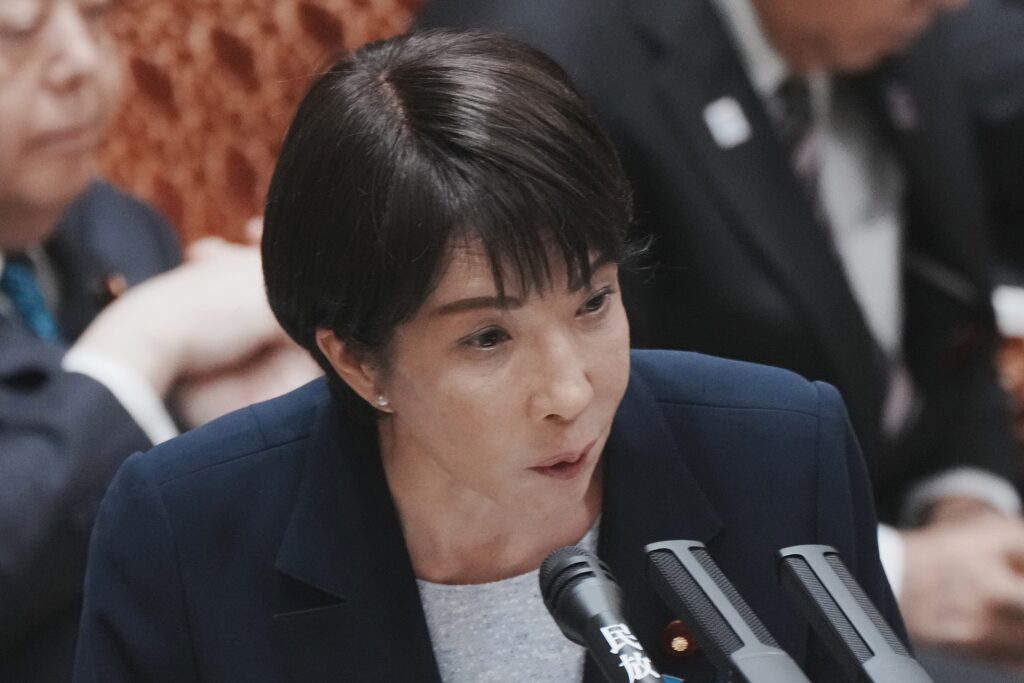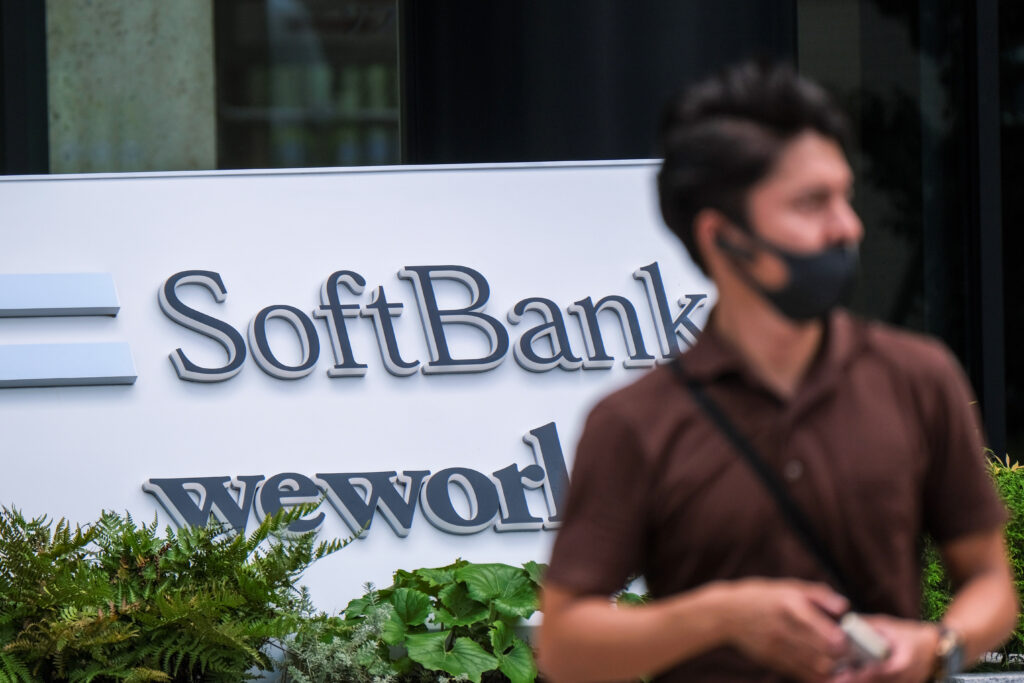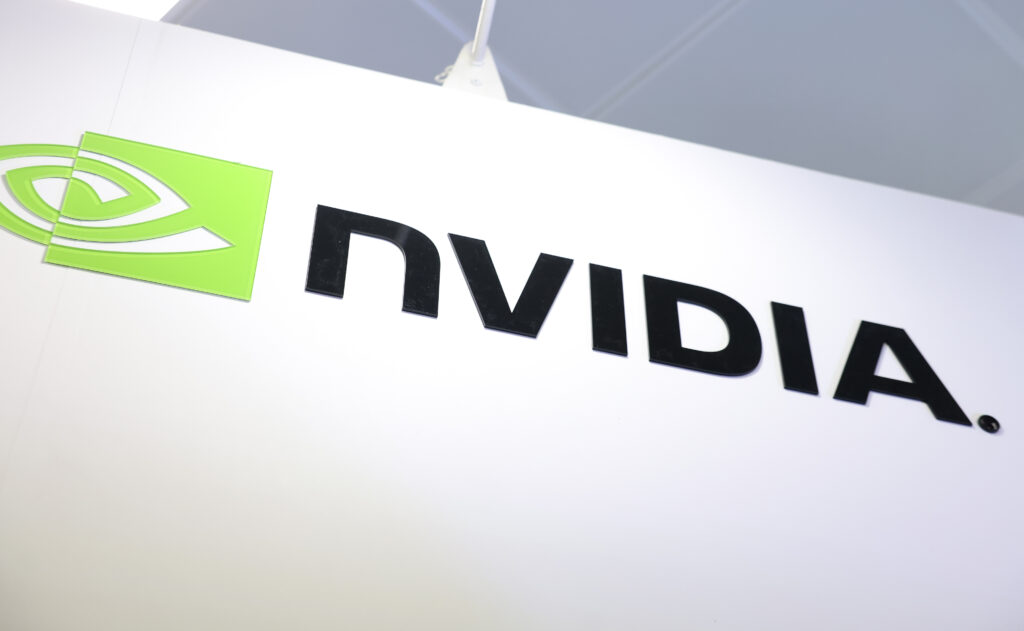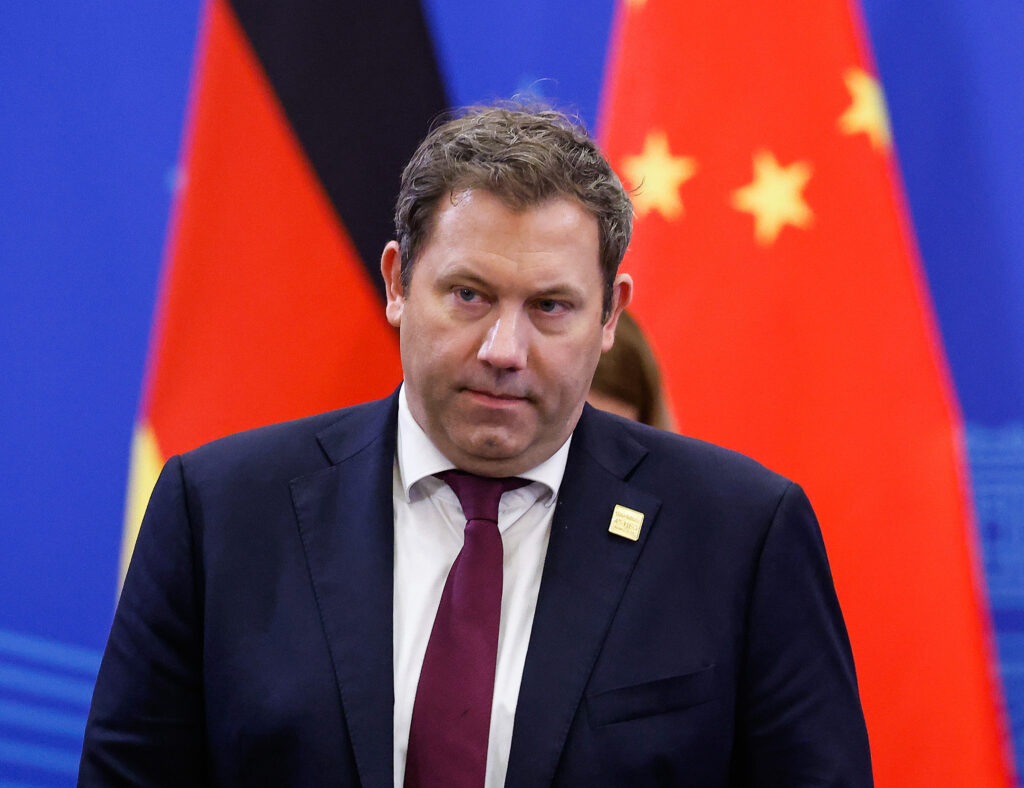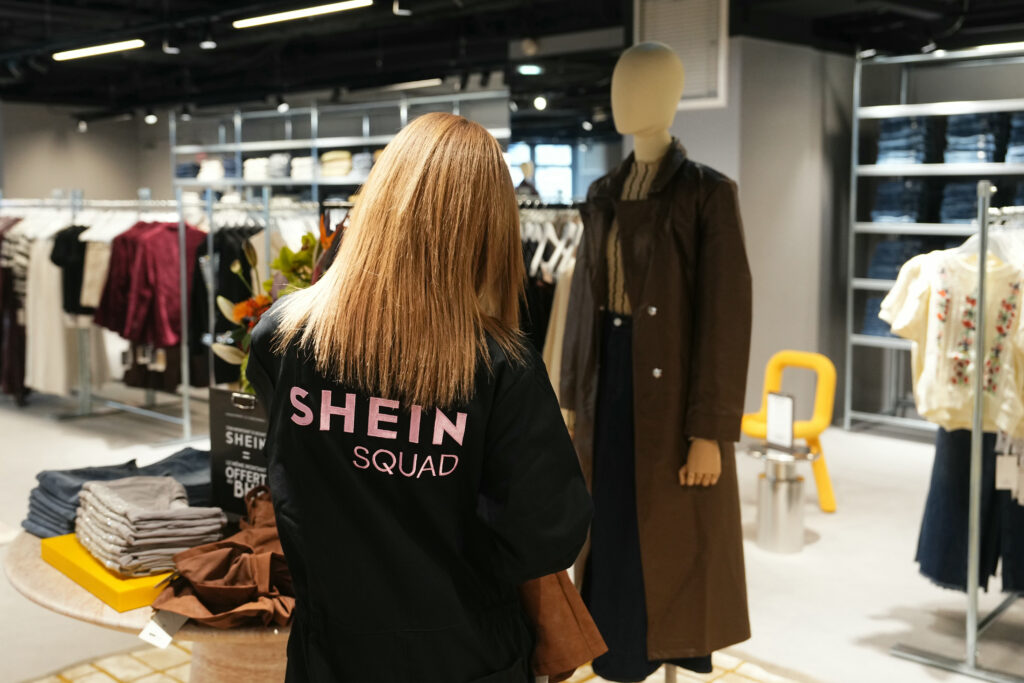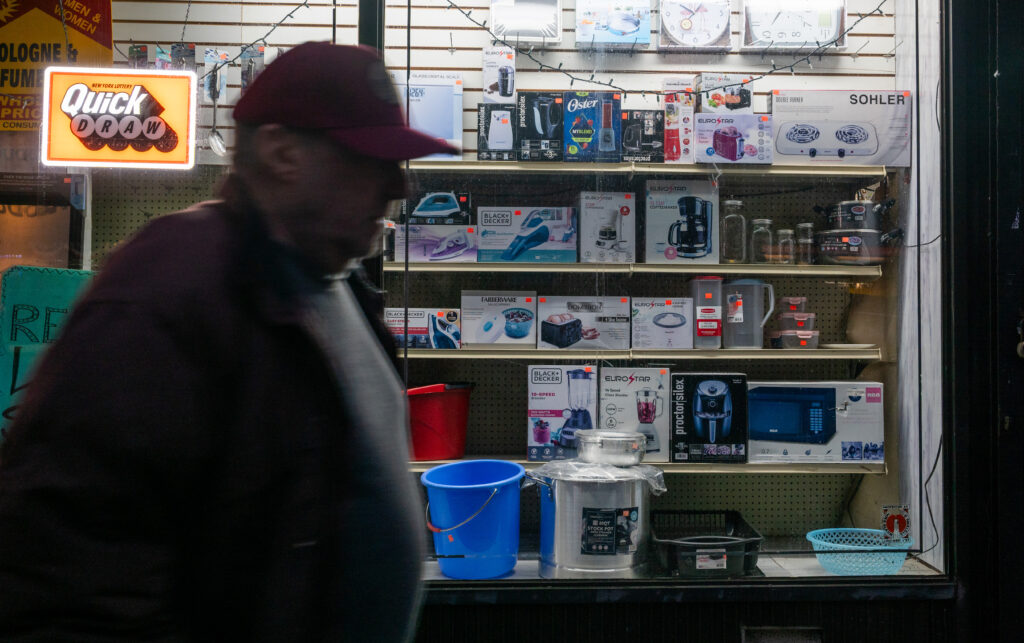Japan’s Takaichi insists $135 bn stimulus fiscally ‘responsible’
Japanese Prime Minister Sanae Takaichi insisted that a $135-billion stimulus package approved Friday was fiscally responsible and that she would reduce the country’s colossal debt burden.The 21.3-trillion yen outlay comes as the government looks to kickstart growth in the world’s number-four economy, ease the pain of inflation for households and restore the ruling party’s flagging popularity.However, expectations that the new premier would embark on a big-spending spree have pushed yields on Japanese government bonds to record highs this week and put pressure on the yen.”Responsible proactive fiscal policy means a forward-looking fiscal strategy and does not aim to pursue scale recklessly or expansively,” Takaichi said.”By thoroughly implementing the concept of wise spending, we will strategically deploy fiscal measures to protect the lives of our citizens and build a strong economy,” she added.”While fostering a strong economy and increasing the growth rate, we will reduce the government debt-to-GDP ratio, achieve fiscal sustainability and secure trust from the market.”Japan’s current debt amounts to around 250 percent of gross domestic product ratio, the highest among major economies.The bundle of measures from Japan’s fifth premier in as many years includes a one-off 20,000-yen ($127) cash handout per child and 7,000 yen per household for energy bills.Takaichi came to power last month pledging to fight inflation after anger over rising prices helped undo her predecessor, Shigeru Ishiba, who was in office barely a year.”Ordinary people are having it tough these days,” financial services employee Kazuo Kaitsuka, 75, told AFP on Friday near the Tokyo stock exchange.”I worry future generations might have to deal with the consequences of (the size of the stimulus). So I think a more moderate scale would have been better,” he said.A weaker yen raises prices of imports for resource-poor Japan, which relies heavily on foreign food, energy and raw materials to power its economy. “Japan has been engaged in expansionary economic policies for so long without being able to stimulate the economy,” said Margarita Estevez-Abe, an analyst at Syracuse University’s Maxwell School.”Meanwhile, Japan’s public debts increased. We are already seeing the negative reactions from the market… Further depreciation of the yen will hit ordinary Japanese households with higher prices,” she told AFP.Finance Minister Satsuki Katayama on Friday dropped the strongest hint yet that the government may intervene to support the yen, saying it will take “appropriate action against disorderly (foreign exchange) moves”.- Diplomatic spat -Official data earlier showed core inflation, which excludes fresh food, rose 3.0 percent year-on-year in October from 2.9 percent in September.Illustrating the strain on consumers, rice prices were 40 percent higher than last year, although the rate of inflation for the staple has slowed considerably in recent months.The reading came days after figures showed the economy shrinking 0.4 percent in the third quarter, the first contraction since the first three months of 2024.Further concern for the economy comes from Japan’s ongoing diplomatic spat with China following comments by Takaichi about Taiwan.Takaichi, seen as a China hawk, suggested earlier this month that Japan could intervene militarily in the event of any attack on Taiwan.China has summoned Tokyo’s ambassador and advised its citizens against travel to Japan, where Chinese account for the largest number of foreign tourists.China claims democratic Taiwan as part of its territory and has threatened to use force to bring the self-ruled island under its control.Takaichi on Friday insisted Tokyo’s stance on Taiwan was “unchanged” and that she wanted “constructive and stable” relations with Beijing.”(The) erroneous remarks made by… Takaichi regarding Taiwan, which imply the possibility of military intervention in the Taiwan Strait, have aroused public outrage and condemnation among the Chinese people,” China’s foreign ministry said in response on Friday.Japan should “immediately retract its erroneous remarks, and earnestly demonstrate its commitments to China through concrete actions”, said spokeswoman Mao Ning.burs-hih-tmo-stu/dan
